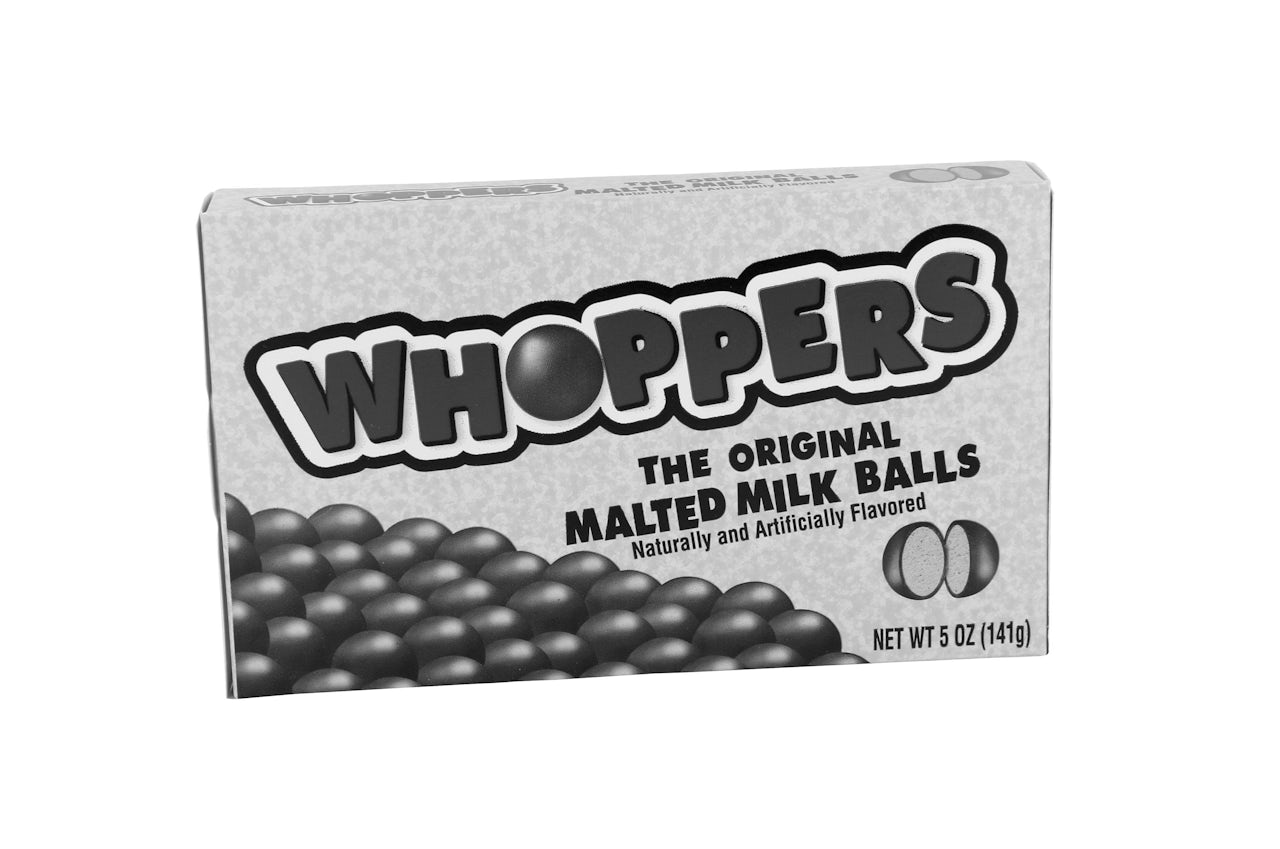If your doctor whacks you on the knee with a padded hammer, your leg kicks. Or it should kick. The kick is a sign that all is well with your reflexes.
Certain ideas, like padded hammers, seem to produce the verbal equivalent of a leg-kick. But that's a sign of ill-health rather than wellness, an indication of overly reflexive writing.
I'm thinking in particular of the word "whopping" placed thoughtlessly, automatically, as if by reflex, before a large number. This is a minor complaint but it annoys the hell out of me. I'm an editor so I sometimes get to channel that annoyance through the backspace key.
Often, however, I'm totally powerless when confronted with a “whopping one billion” or what have you because I come across it in articles edited by someone who either doesn't notice or doesn't mind the cliche. (Or, let's face it, articles that haven't been edited at all.)
A few recent examples:
“The struggling sandwich chain has seen customer traffic plummet a whopping 25 percent over the past five years amid fierce price competition and a slew of scandals that have battered its image.” —The New York Post, Dec. 13
“Alabama adds to that, and it’s a different story altogether, a state in which the Republican candidate in recent gubernatorial and Senate elections has typically prevailed by a whopping double-digit margin similar to the one that Trump achieved.” —The New York Times, Dec. 12
“But Elliott estimates that NXP should be valued at a whopping $135 share as a stand-alone, based on where peers are trading.” —Bloomberg, Dec. 11
“They’ve outscored their opponents 131-53 during their four-game winning streak while outgaining them by a whopping 731 total yards.” —The Associated Press, Dec. 10
What would be lost by striking the whopping before the number? Do writers really need to stress their belief that the number is quite large? Do they think readers are too dumb to notice that the number is quite large?
Okay, maybe readers are too dumb, or too inattentive, to absorb that you — the writer — believe the number is quite large. But it's more elegant to assume a decently intelligent and intuitive reader. That's why your high school English teacher (probably) told you not to go around italicizing everything you thought was important but to, instead, write in such a way that you conveyed importance without the crutch of typeface.
Merriam-Webster automatically selects example sentences from various online news sources to reflect current usage. As of this writing, three out of three example sentences for whopping are of the pre-number variety, suggesting that an independent whopping is a rare bird. Like a q before a u, it either appears in the expected context or — virtually — not at all.
According to Google ngrams, whopping used before a number surpassed whopping used before any old noun in 1975. Since that year, pre-number whoppings have climbed sharply (the line is almost vertical) while pre-noun whoppings have increased only slightly.
I suspect that the rise of pre-number-whopping is tied to our growing cultural infatuation with data. Journalists and writers of all sorts feel the need to sprinkle their prose with numbers to prove that their assertions are grounded in cold, hard facts. Then they feel the need to enliven those cold, hard facts with editorial judgment. Whopping, a funny-sounding word, may seem like a light-hearted shortcut to conveying that judgment.
“I'm not a robot spouting numbers,” the writer may think, “a robot wouldn't use whopping.”
But a robot probably would use whopping. It would be easy to program an algorithm to toss in a “whopping” before large numbers. And because whopping is so common, I suspect that readers who don't find it annoying just gloss over it.
When the hammer of a large number comes down on your keyboard, don't kick out a whopping. Prove your health through restraint.

